Professional Learning Partner Guide Badges
Unlock Specialized Experience
Existing Professional Learning Partner Guide (PLPG) providers can earn additional badges to highlight their specialized expertise in key areas of professional learning.
Every PLPG provider has undergone a rigorous review to ensure they meet the highest standards of curriculum-based professional learning. However, badge-holding providers bring additional, targeted expertise to help educators meet specific instructional goals.

Students with Disabilities Badge
Who is eligible? PLPG-certified partners in:
Ongoing Implementation Support for Teachers
Ongoing Implementation Support for Leaders
What This Badge Represents:
Providers with this badge demonstrate a deep commitment to equity and inclusion by:
- Helping educators examine how assumptions about students with disabilities impact instruction and student outcomes.
- Promoting effective inclusion strategies to support all students.
- Equipping educators to evaluate and address diverse student needs.
- Supporting the use of HQIM-embedded Universal Design for Learning (UDL) strategies to ensure access to grade-level instruction.
- Teaching evidence-based strategies to reinforce learning and support all students, including those with disabilities.
Science of Reading Badge
Who is eligible? PLPG-certified partners in:
Ongoing Implementation Support for Teachers
Initial
Implementation
What This Badge Represents:
Providers with this badge have demonstrated expertise in equipping educators with the knowledge and instructional strategies grounded in the Science of Reading (SoR). These partners help teachers:
- Deepen their understanding of the Science of Reading and its implications for instruction across all grade levels.
- Implement structured literacy practices that align with research on how students learn to read, including phonemic awareness, phonics, fluency, vocabulary, and comprehension.
- Use high-quality instructional materials effectively to support evidence-based reading instruction.
- Differentiate instruction to support diverse learners, including students with dyslexia and other reading challenges.
- Translate research into classroom practice, ensuring that instructional decisions are driven by the latest findings in cognitive science and literacy development.


